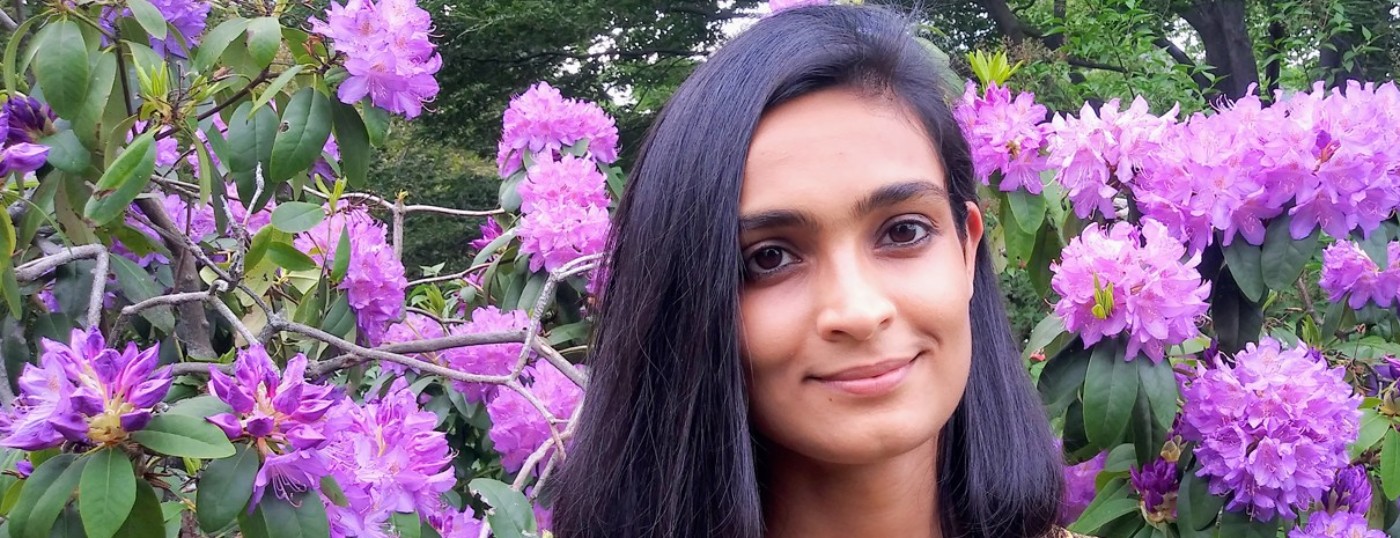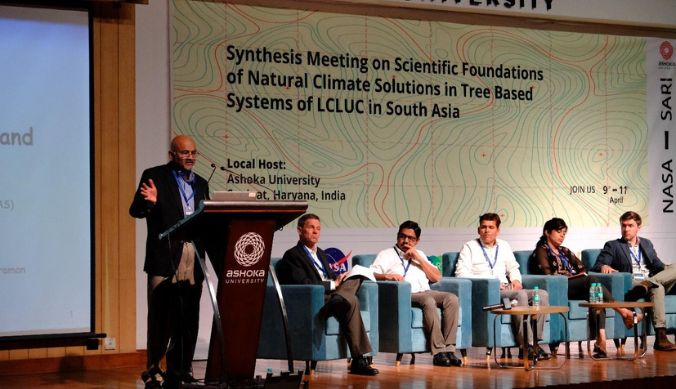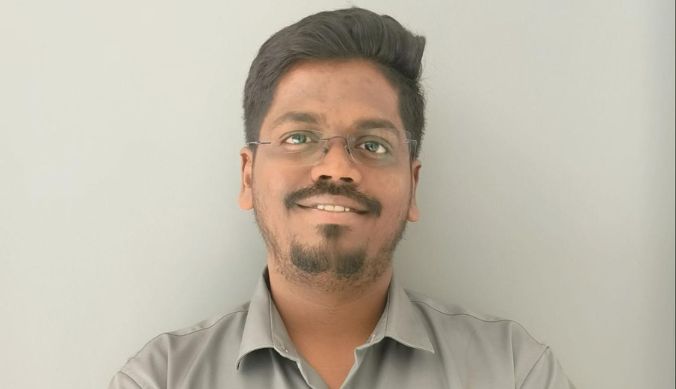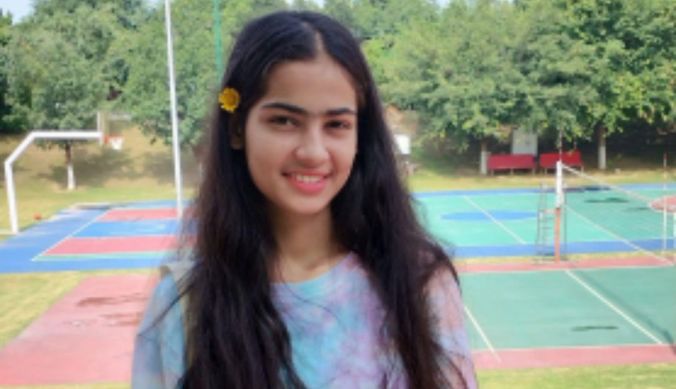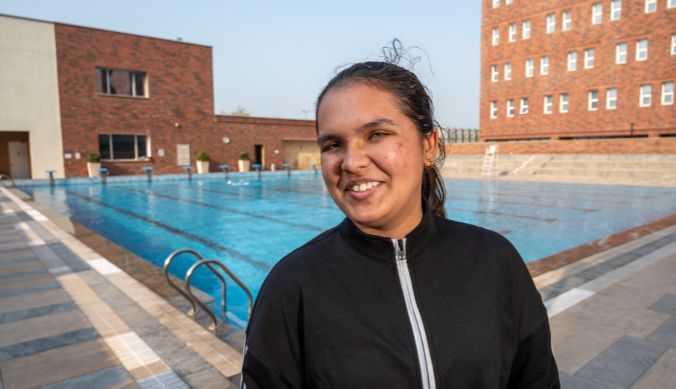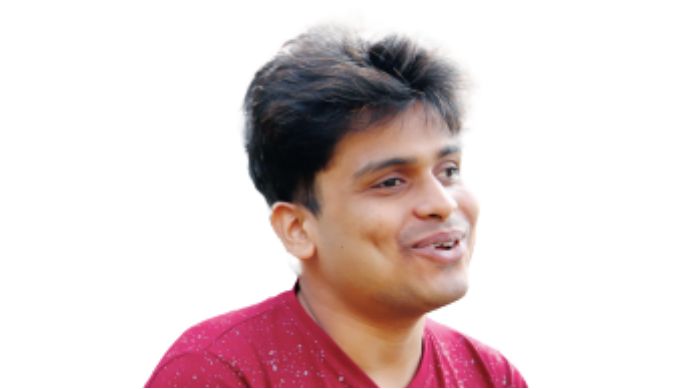YIF alumna wins prestigious 2020 Commonwealth Short Story Prize
Kritika Pandey from India recently won the 2020 Commonwealth Short Story Prize for her short story The Great Indian Tee and Snakes.
The phone hasn’t stopped ringing and congratulatory messages keep flowing in for Kritika who has just received the news that she has been adjudged the global winner for the 2020 Commonwealth Short Story Prize (CSSP). The CSSP is awarded annually for best unpublished short fiction in English or fiction that has been translated from Bengali, Chinese, French, Greek, Kiswahili, Malay, Portuguese, Samoan, Tamil and Turkish. The Prize aims to identify talented writers who go on to inspire their communities, and also develop literary connections worldwide.
The award is a testament to her as a writer. She is overwhelmed and humbled. I ask her if the feeling has sunk in and Kritika says, ‘Winning the award is the best, most surreal thing that has ever happened to me. It has reinforced my old and beautiful relationship with writing in all kinds of ways. And, I still cannot believe that my short story was chosen from around 5000 short stories!”
Writing is an adventure for Kritika. And, there is no surprise that the Pushcart-nominated writer always wanted to be a writer. Kritika echoes the noted Nigerian writer Chimamanda Adichie and exclaims, “I am one of those annoying people who always knew what she wanted to be – a writer!”
She didn’t realise when she actually started walking on that path.
She continues, “I was a text magnet since I learnt how to read. I wanted to read anything and everything I could get my hands on. And when I began to write, I learnt that writing is sheer discovery. Oftentimes we don’t know what we will write until we write it. That was it. I decided that I wanted that sense of adventure to last forever.” Kritika reminisces how she used to lock herself in one room and stare at the computer screen for hours in the hope of a powerful story that would at the end be worthwhile.
Over the years Kritika has been influenced and inspired by many writers but her current favourite is Clarice Lispector. She was a Brazilian-Ukrainian writer who wrote in Portuguese. Kritika says, “I have read many of her work translated by Katrina Dodson. Lispector is one of the most fascinating thinkers ever, in my opinion.”
She was shortlisted twice for the CSSP (in 2016 and 2018) and this win has been exhilarating. Her unpublished work The Great Indian Tee and Snakes talks about a young Hindu woman who falls in love with a Muslim man and is caught up in religious and communal intolerance. Talking about her work, Kritika says, “This story is my response to the deeply polarised political climate in the subcontinent. It pains me to not really be able to recognise India as the country that I grew up in. There is only so much that I can do, as an individual and an artist, but it is my responsibility to do everything in my capacity to contribute to our collective struggle as a nation.”
She pauses for a moment on the other side of the Zoom interview.
Her message to writers and students who want to make it big in the literary field is short and simple. “The only way to become a writer is to keep writing.” She has followed this mantra throughout her life. Kritika continues, “This has personally worked for me. I feel no number of craft lectures or books by fellow writers are useful when you have a blank page before you. You have to figure it out on your own.”
Another important thing that she does is to keep herself grounded and often gives herself a reality check.
“I always tell myself not to think that writers are the most important people in the world. They are not. They have one way of looking at the world and there are a million other ways to do so. In other words, I constantly remind myself: don’t romanticise what you do or who you are,” says Kritika.
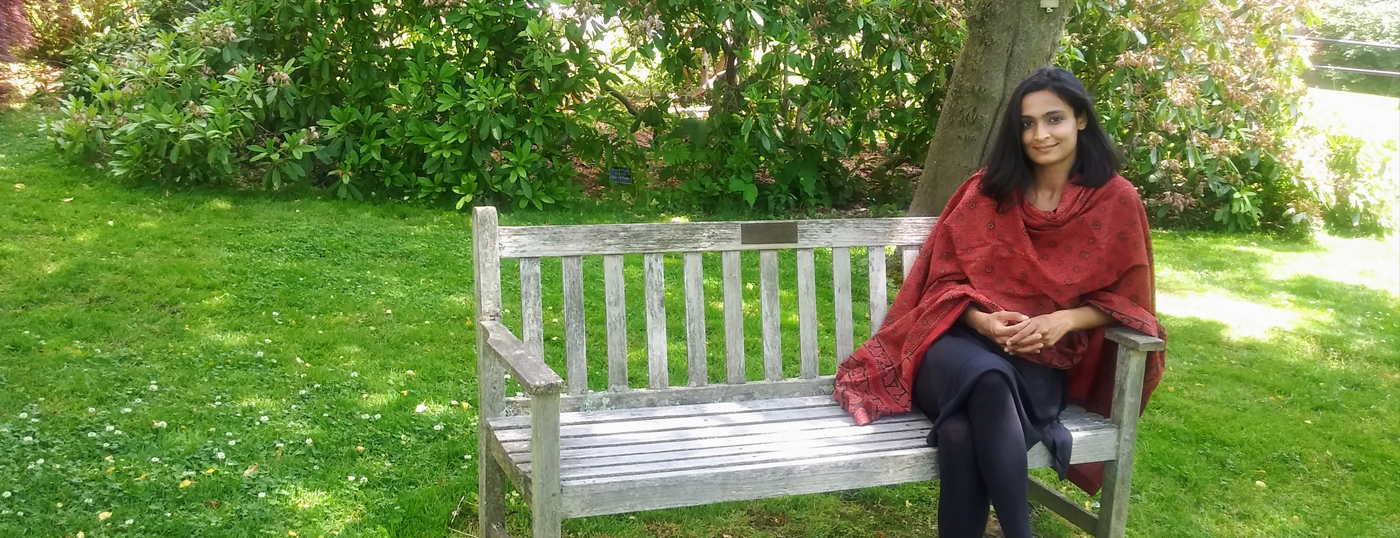
Echoing that, she further adds how the immediate responses from her closed ones have made her stay grounded. “My sister reads everything I write and she gives me great feedback but other than that, most of my family is thrilled that I have won the award but that’s about it. This has made me realise that many people will read my work and say good or bad things about it but many also won’t really care. And you know what, it is okay. In fact, it is absolutely liberating to know that. It helps me not take myself too seriously.”
She further adds, “It is because of having grown up in a nonliterary family that when I first started reading works of the great Russian writer Anton Chekhov, no one told me that I was reading one of the greatest writers of short fiction in history. I think the most genuine engagement with writers and writing happens when we de-sensationalise them.”
While talking about this, I refer to one interview of hers where she has talked about how she hopes this award would help “more people trust their daughters and their dreams” and what she would like to say to young women who are dreaming to make it big, Kritika says, “To all the young women out there, don’t pay attention to Netflix’s category called ‘Strong Female Lead’. If you are a woman then you are inevitably strong because strength is our basic survival mechanism.”
Kritika is an inspiration to many in the world. Her eloquence and thought prowess is incredible but what is probably most likeable is her quest to cement her mark in the literary world and also her childlike honesty. “I am working on my first novel. And I cannot wait to finish it! But I don’t know how to finish writing a novel as I have never done it before. But hopefully, I will soon figure it out,” she says excitedly.
Kritika was part of the third batch of the Young India Fellowship (YIF) and it was at YIF and Ashoka that she began to articulate her thoughts, her belief system, and her opinions and in her words “even my sense of self, as it were”. She is all-praise for Ashoka and Madhavi Menon, Professor of English who has personally mentored Kritika. “At Ashoka, I also met mentors such as Madhavi Menon — a woman I greatly respect and love.”
She says, “I had grown up in an obscure city with limited exposure to the Humanities. And then, all at once, I was somewhere in South Delhi, learning sociology from the noted sociologist Andre Beteille. My world suddenly opened up, you know. I finished grad school two months ago at the University of Massachusetts Amherst. But I know for a fact that, thanks to YIF, I will remain a student and ask questions for the rest of my life.”
As we have come to the end of the interview, I ask if she would like to add anything else and Kritika says, “I want to end it with a quote of Clarice Lispector ‘she went on thinking, she understands life because she is not sufficiently intelligent to not understand it.’”





